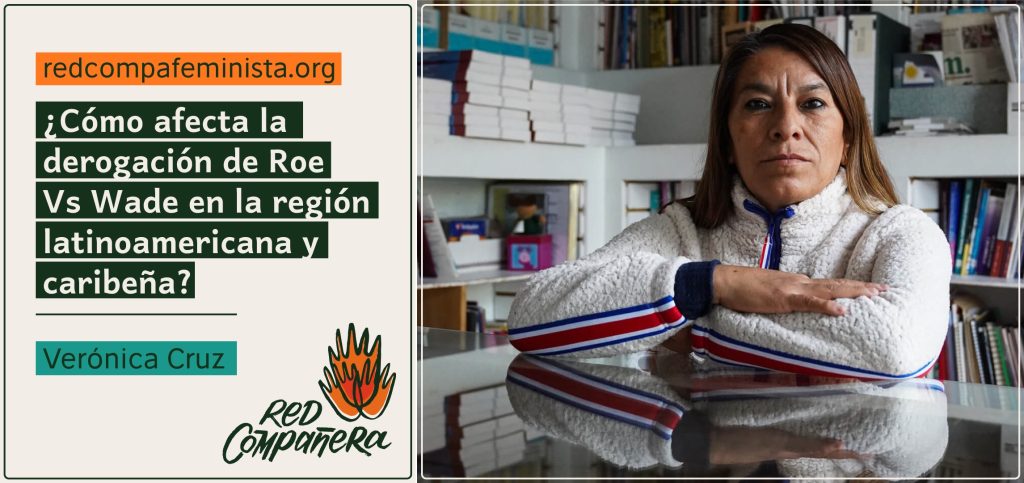The great gain of the Latin American feminist movement has been to use all available strategies.
In our regions, the impacts are varied—it’s not like 10 or 20 years ago. For example, Mexico’s constitutional court made progress without referencing Roe v. Wade when it declared the criminalization of abortion unconstitutional nationwide. Today, we see that progress has been made in other areas as well—not only in legalization and decriminalization, but also in efforts toward decriminalizing people, destigmatizing abortion, and supporting safe self-managed abortions at home following WHO protocols.
Throughout the region the feminist movement, the green tide and the green wave are making an interesting breakthrough for the social decriminalization of abortion. governments towards guaranteeing the right.
What actions are being taken by the companions from neighboring countries?
In this context, the U.S. journalists asked Las Libres, if Las Libres developed a model of accompaniment in 2000 in the most restrictive state in Mexico, where women were imprisoned for having an abortion, does that mean that this model of accompaniment at home without medical supervision is safe, that accompaniment can be done in restrictive territories, and the answer was yes.
Las Libres quickly organized with border cities with Texas, (thinking it was only Texas) to form The Cross Border Network that we formed in January 2022, to accompany the Texan women in principle, very quickly women from other states were arriving. Since June when Roe vs. Wade was overturned, until today we have requests for support, we are accompanying from the cross-border network 100 people daily in the United States, and giving all the virtual information from Mexico to all women and those who need it.
In relation to us the options they have, they can go from a restrictive state to a state where the right to abortion is protected, in the United States many funds have been made to accompany women with resources, people who need an abortion, substantially clinical abortions, with resources for travel, to pay for the abortion if they do not have insurance, the care of the children who stay at home, but very quickly the whole accompaniment with medication is also developing, but not as we know it in the Latin American region, The United States was far behind, because it was focused on the individualized right of each person to go to the clinic for their abortion, and in the region we have been focusing on a collective right.The population should be made aware that abortion exists, that it is safe, simple and accessible, that it requires medication, information and, if possible, accompaniment, and everything will be much more effective.
Today the United States is developing these strategies in a very accelerated manner, the big problem is money, access to medicines because of their high cost, prescriptions are needed, so the low-income population, the black population, the indigenous population, the Latino population, the Hispanic population, the undocumented population, that is the big problem of access and that is why we are developing organic networks.
Las Libres promoted the cross-border network, where we are Mexican women and networks in border cities, with actions or logistical ways to bring access to safe abortions to the United States for women and people who need abortions.Most of the women who have no mobility, who have no one to leave their children with, who are undocumented, who do not have any money, who do not have the information, we are providing these women with all the virtual accompaniment and all the support they need.
It is very interesting how many people in the United States are joining this strategy to socially accompany women, people who need to have an abortion in Mexican territory in a safe, confidential manner and exercising a right with this international, border and their own population's solidarity.
What are the chances that the U.S. will again achieve decriminalization?
What we know about the possibility of winning back the constitutional right to abortion in the United States is that it is going to take a long time, it would be ideal, that the whole country does not go backwards, that women who are in places where it is restricted can move to places where it is legal, I think that international solidarity is playing a central role in being able to accompany these concrete and direct abortion processes to women with high restrictions, but I think it is going to take at least 15 years.

